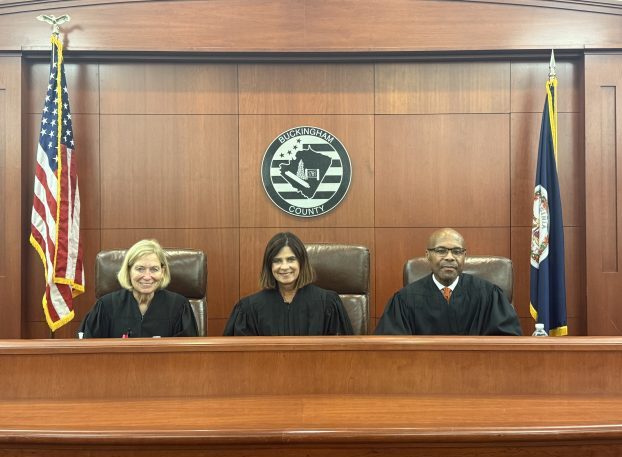Opinion — Gerrymandering won’t die an easy death
Published 6:59 pm Thursday, October 28, 2021
|
Getting your Trinity Audio player ready...
|
Turns out that hyperpartisan citizens are no better than hyperpartisan legislators when it comes to ending gerrymandering.
Two-thirds of Virginia voters last fall took the responsibility for drawing General Assembly and congressional districts away from the legislature and put it in the hands of a bipartisan commission. Longtime opponents of gerrymandering, including this scribe, rejoiced. Prematurely.
The legislation that put the constitutional amendment before voters called for eight citizens and eight lawmakers to serve on a bipartisan panel to draw election boundaries. The problem is that lawmakers in both parties simply appointed citizen representatives who would do their partisan bidding.
The commission, hopelessly deadlocked at 8-8, this month threw up its hands and punted the job of drawing General Assembly and congressional districts to the state Supreme Court.
What a disappointment.
To best understand what gerrymandering has wrought, consider that only 10 or so races among the 100 on this year’s ballot for seats in the Virginia House of Delegates are said to be truly competitive, meaning the outcome could go either way. In the other 90, thanks to gerrymandering, the outcome is preordained based on incumbency, voters’ skin color or some combination thereof.
Which 10 are competitive? Just follow the money.
In the rural southside 75th District, where Democratic incumbent Roslyn Tyler is challenged by Republican Otto Waschmann of Sussex County, more than $2 million from all across the nation has poured into the coffers of both campaigns. The Tyler seat, you might correctly surmise, is one of the 10 that will determine which party controls the House of Delegates come January.
In a politically diverse state like Virginia, competitive legislative races should be the rule rather than the exception. No voter should live in a district so gerrymandered that he knows his ballot will have zero effect on the outcome of the election.
Democrats, with their insistence on ensuring that a certain number of African Americans are elected to the General Assembly, have hurt their party’s electoral prospects over the years, the last few years of Democratic control in Richmond notwithstanding. Gerrymandering majority-Black districts means other districts will be whiter and more conservative, giving rival Republicans the advantage statewide.
It raises the question of whether Black Democrats are better served by a few lawmakers of color or by less gerrymandered election boundaries that put more legislative seats in play in a purple, blue-trending state. There’s much data from the last two decades to conclude that Virginia voters are much less race-conscious in their candidate selections than they used to be. White Democrats support Black candidates enthusiastically, and Republicans nominated an African American woman for lieutenant governor. Polls suggest she has an outside shot at winning, and if she does, it will be with the help of a lot of white votes.
General Assembly lines drawn without regard for racial makeup or incumbency just might result in more African American legislators, not fewer.
Steve Stewart, a former Farmville Herald publisher, is senior vice president of Boone Newspapers and publisher of The Smithfield Times. His email address is steve.stewart@smithfieldtimes.com.





